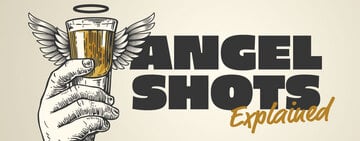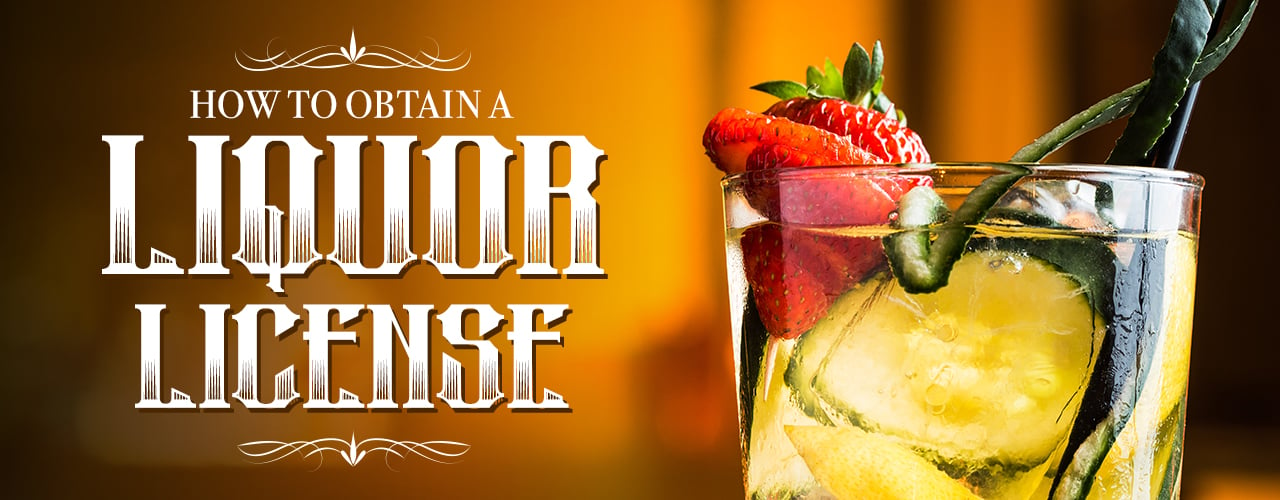
Selling wine, beer, and alcoholic drinks can boost your profits considerably, but you'll need a liquor license to do it. Unlike some other licenses and permits, a liquor license comes with a unique set of requirements based on the state where you operate. We'll walk you through the ins and outs of liquor licenses to help you determine your eligibility.
How to Apply for A Liquor License
We've compiled a step-by-step list to guide you through the process of applying for a liquor license. If you're planning on opening your own bar, you'll need to be familiar with these requirements.
1. Determine Your State's Alcohol Laws
Because each state has its own specific rules regarding the distribution, sale, and consumption of alcohol, the first step in filing for a liquor license is determining your state's alcohol laws. There is an Alcoholic Beverage Control (ABC) agency in each state, which is the governing body that determines all rules related to alcohol. Many counties and municipalities set standards and requirements that accompany the general state laws.
What Is a Liquor License?
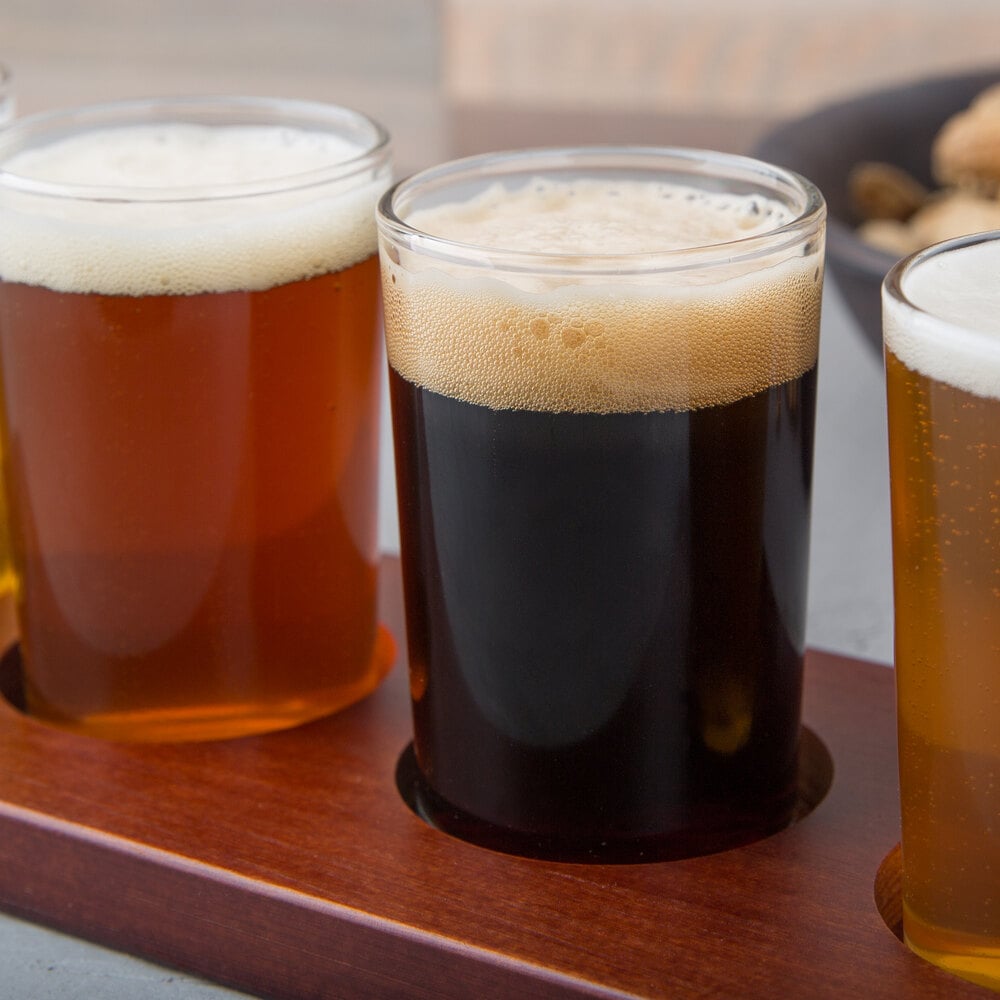
A liquor license is a type of permit that allows you to manufacture, distribute, and sell alcohol in your business. It also regulates many aspects of how, when, and where you can sell alcohol. These are a few of the legalities covered by a liquor license:
- To whom alcohol can be sold
- What days and hours businesses are permitted to sell alcohol
- Types of alcohol that can be sold
- Which containers alcohol can be served in and how much can be sold at one time
- Where and when alcohol can be served or sold to go
- Whether businesses are permitted to manufacture, distribute, and sell alcohol (or any combination of the three)
- The price of alcohol
- Liquor license fees and quotas
What Is a Dry County?
In a dry county, all sales of alcohol are forbidden by the local municipality, regardless of state laws. There are several states in the US with dry counties, including Kansas, Oklahoma, Texas, Arkansas, Mississippi, Tennessee, and Kentucky. On the other hand, states like North Carolina, Ohio, Michigan, and Pennsylvania have "mixed" counties that moderate the sale of alcohol but not its on-premise consumption. You'll want to ensure your local township or county is zoned for the sale of alcohol before you begin this process.
2. Liquor License Quota States
While some states offer an unlimited number of liquor licenses, others set a specific quota for the number of licenses they'll issue. State laws are always evolving, so make sure to research the alcohol control board of your state. Even better, consider hiring legal counsel that specializes in liquor laws. As of 2023, the following states are considered "quota" states:
- Alaska
- Arizona
- Florida
- Idaho
- Kentucky
- Massachusetts
- Michigan
- Minnesota
- Montana
- New Jersey
- New Mexico
- Ohio
- Pennsylvania
- South Dakota
- Utah
- Washington
Why Do Liquor License Quotas Exist?
In the majority of states with quotas, the specific locality's population determines the number of licenses available. As an area gains more residents, the number of new licenses that can be issued increases. These quota figures vary across states. It's important to check with your state's ABC agency to determine the strictness of the quota because this weighs heavily into the cost and availability of a license. In non-quota states, liquor licenses tend to be more affordable. In quota states, restaurants and bars can pay up to $300,000 for a new license.
3. Find Out if Your State Requires a Specific Class of Liquor License
There is no one-size-fits-all liquor license, and some states may require more specific licenses than others. To start, you'll want to figure out whether you need an on-license or off-license. If you'll be selling alcohol to be consumed on the premises (bars, nightclubs, and restaurants), you'll need an on-license. Bottle shops, liquor stores, and other retail locations where alcohol is sold but consumed off the premises need an off-license.
What Are the Different Classes of Liquor Licenses?
Not all states require specific classes of licenses, but some do. The names of licenses vary between states - an alphabetical code is sometimes assigned to identify the type of license. For example, a restaurant license in Pennsylvania is called an (R) license. A liquor license in Florida that allows restaurants to serve all types of alcohol is called a 4COP license. Refer to your state's liquor control board for the most up-to-date list of license types. Here is a general list of the common types of liquor licenses:
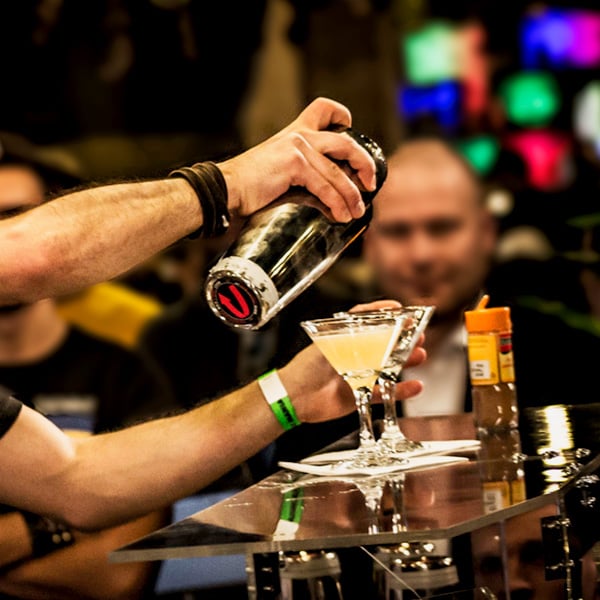
- Arts licenses are designed for places like theaters and art galleries to serve alcohol during events.
- Beer and wine licenses are given to smaller businesses that only sell beer and wine.
- Brewpub licenses may be necessary for establishments that plan to make their own beer or wine. Depending on your state, you may be issued an alternating premises license, which requires you to make alcohol at certain times and serve it at other times.
- Club licenses allow private social clubs to serve alcohol to their members. While some states only permit the service of beer and wine, others allow clubs to also serve liquor.
- Delivery licenses allow companies to deliver sealed containers of alcohol to customers.
- Eating place licenses are given to carryout businesses like delis that serve food but also sell small amounts of take-out beer. These licenses usually restrict the amount of alcohol that may be sold to one customer.
- Hotel licenses are issued to hotels with bars and restaurants that serve alcohol.
- Restaurant licenses are also referred to as "all-liquor licenses" and allow a business to serve any kind of alcohol. However, some states do require that only around 40% of the establishment's total earnings may come from the sale of alcohol.
- Retail licenses are issued to grocery stores, convenience stores, liquor stores, and any other retail establishments that sell alcohol.
- Tavern licenses are required if a business serves food but makes at least 50% of its total sales from alcohol.
- Temporary liquor licenses are required for caterers that serve alcohol at events. These are also called one-day licenses.
Note: A license may also be required for BYOB (bring your own bottle), establishments, although this process varies by state.
Back to Top4. Preparing to File a Liquor License Application
Once you've researched the liquor laws and regulations in your area, you're ready to apply for your liquor license. First, you'll need to contact your state's ABC agency to locate the necessary forms. Because the regulations vary by location, you may also want to ask your local agency these questions:
- What kind of license(s) are required?
- How much should you expect to pay for your license(s)?
- Are there any available licenses in your county or town (if you live in a quota state)?
- Are there any establishments in your area looking to sell their license (if you live in a quota state)?
What Documents Do You Need to Apply for a Liquor License?
While the information and documentation you'll need before you file your application varies by state and locale, here are the most important documents to keep on hand:

- Employer ID number from the IRS
- Zoning permit from your local zoning commission
- Business license from your local government
- Sales tax permit from your state's website
- Alcohol tax permit from your state's business taxation department
- Food handler's permit (if applicable) from your state health commission
- Building permit from your local zoning commission
- Signage permit from your local zoning commission
- Health permit from your state health commission
- Music license (if you'll be playing copyrighted music) from online licensing companies
Note: Make sure you've paid any delinquent taxes or outstanding fees before applying for your liquor license. Failure to do so can negatively impact your chances of obtaining a license.
What Other Documents Should You Have Ready When You Apply for a Liquor License?
In addition to the documents mentioned above, you may need to provide:
- Photos of your building's exterior
- A floor plan of your building's interior
- A copy of your building title
- Your code compliance certificate
- Your certificate of incorporation
- Your company constitution
- Your partnership agreement (if applicable)
- Details regarding your age and business experience
5. How Much Does a Liquor License Cost?
The cost of a liquor license is affected by variables like your state of operation, license class, and quota. In one county, a liquor license could cost you hundreds of thousands. But in another, it could be as little as $125. The best way to determine your total cost for a liquor license is to contact your ABC agency. Keep in mind that in some areas, you might need a liquor license for all four levels of government - federal, state, county, and local, which will incur extra costs.
What Is an Alcohol Control State?
In control states, state governments control the sale of alcohol to varying degrees. Some control states require that liquor (and sometimes wine) can only be sold at state-run stores, rather than at independently owned and operated businesses. Other control states permit the sale of liquor in privately owned stores but still set minimum prices and determine product selection for distributors and wholesalers.
What Is Liquor Privatization?
Liquor privatization puts the control of liquor sales and distribution into the private sector. By preventing privatization and keeping control of liquor sales in the public sector, revenue is increased for state governments.
According to the National Alcohol Beverage Control Association, there are 18 control jurisdictions in the US:
- Alabama
- Idaho
- Iowa
- Maine
- Michigan
- Mississippi
- Montana
- Montgomery County, Maryland
- New Hampshire
- North Carolina
- Ohio
- Oregon
- Pennsylvania
- Utah
- Vermont
- Virginia
- West Virginia
- Wyoming
6. Filing Your Application for a Liquor License
Once you've gathered all necessary materials, you're ready to file your application for a liquor license. In most areas, simply visit your state government's website and fill out the required forms. Typically, you'll also have to pay a non-refundable $50-$100 processing fee. You may even be subject to a background check and/or fingerprinting.
Will You Need to Defend Your Liquor License Application?
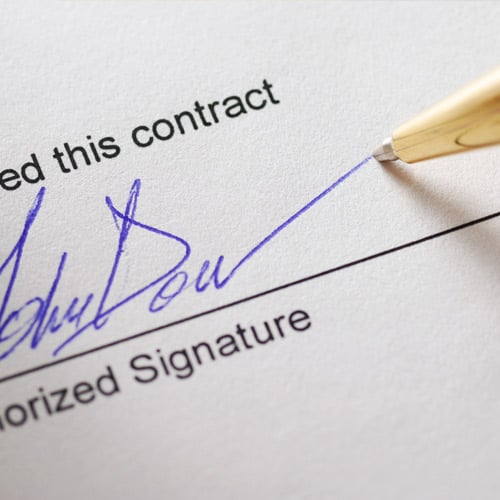
Once you've submitted your application for a liquor license, a notice will be posted at your business that lists your name, the kind of license you're applying for, and what you'll be selling. While this notice is posted, anyone from your local community may contest your application. If this occurs, you may be required to defend your proposal at a public hearing before you are awarded your license. If no objections are presented, your local government will review your application and (hopefully) grant you your liquor license.
How Do You Avoid Losing Your Liquor License?
Once you've obtained a liquor license for your business, you'll need to maintain it. Most states require you to renew your license every 1-3 years (depending on local laws), which also involves paying a renewal fee. If you're in good standing with your local ABC agency, you may be entitled to a reduced fee.
However, your liquor license can be revoked at any time if you violate the terms established by your state's ABC agency. Common violations include:
- Failing to check IDs
- Selling alcohol to a minor
- Over-serving patrons
- Allowing employees to drink to excess on the premises after their shift
Back to Top
7. Alcoholic Beverage Control Agencies by State
The following list includes all 50 states, plus the District of Columbia, and the website for each state's ABC agency:
- Alabama ABC Licensing Information
- Alaska Alcohol & Marijuana Control Office
- Arizona Department of Liquor
- Arkansas Alcoholic Beverage Control
- California Alcoholic Beverage Control
- Colorado Liquor Licenses
- Connecticut Liquor Control Division
- Delaware Office of ABC
- Florida Division of Alcohol & Tobacco
- Georgia Alcohol Licensing
- Honolulu Liquor Commission
- Idaho State Liquor Division
- Illinois Liquor Control Commission
- Indiana Alcohol & Tobacco Commission
- Iowa Alcoholic Beverages Division
- Kansas ABC Licensing
- Kentucky Alcoholic Beverage Control
- Louisiana Alcohol & Tobacco Control
- Maine Alcohol & Lottery Operations
- Maryland Liquor License Renewals & Transfers
- Massachusetts Alcoholic Beverages Control Commission
- Michigan Department of Licensing & Regulatory Affairs
- Minnesota Alcohol & Gambling Enforcement
- Mississippi Alcoholic Beverage Control
- Missouri Alcohol & Tobacco Control
- Montana Liquor Control
- Nebraska Liquor Control Commission
- Nevada Alcoholic Beverage Control
- New Hampshire Liquor Commission
- New Jersey ABC Licensing Bureau
- New Mexico Alcohol & Gaming
- New York State Liquor Authority
- North Carolina ABC Commission
- North Dakota Alcoholic Beverage License
- Ohio Department of Commerce
- Oklahoma ABLE Commission
- Oregon Liquor Licensing
- Pennsylvania Liquor Control Board
- Rhode Island Liquor Enforcement
- South Carolina Alcoholic Beverage Licensing
- South Dakota Alcohol Licenses
- Tennessee Alcoholic Beverage Commission
- Texas Liquor License
- Utah Department of Alcoholic Beverage Control
- Virginia Department of Alcoholic Beverage Control
- Vermont Department of Liquor Control
- Washington, D.C. Alcoholic Beverage Regulation
- West Virginia Alcohol Beverage Control Administration
- Wisconsin Alcohol Beverage Laws for Retailers
- Wyoming Liquor Division
Unless you're opening a sober bar, you'll need to obtain a liquor license to enter the nightlife industry. Getting a liquor license can be a complex process, but with preparation and knowledge, you can successfully sell alcohol at your business. Offering various alcoholic beverages such as beer, wine, and liquor can significantly boost your establishment's revenue. Whether you own a restaurant, bottle shop, or grocery store, obtaining a liquor license will allow you to reap valuable profits from alcohol sales.





